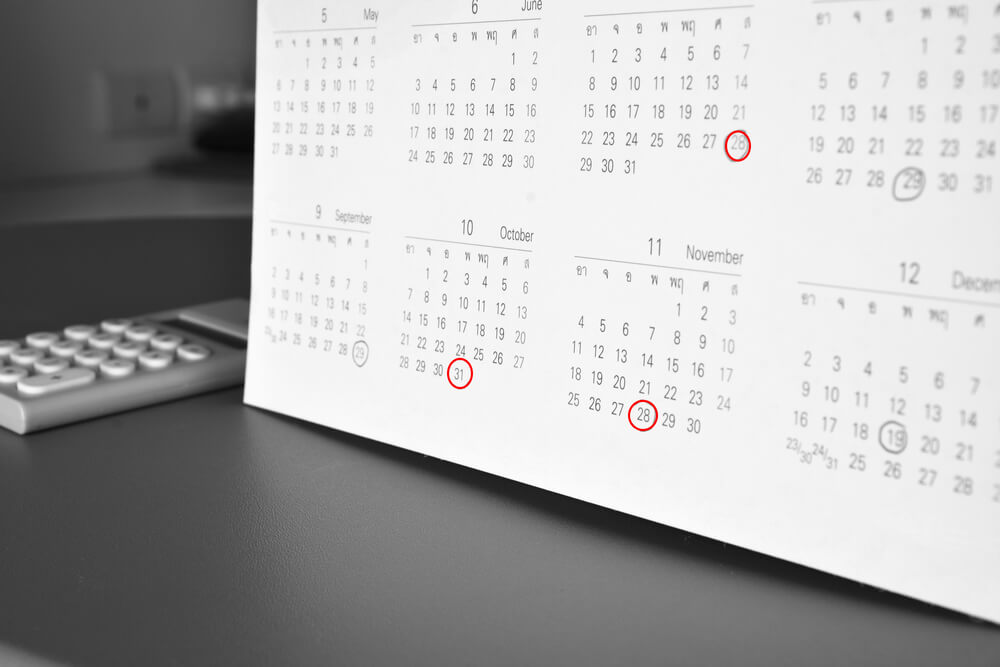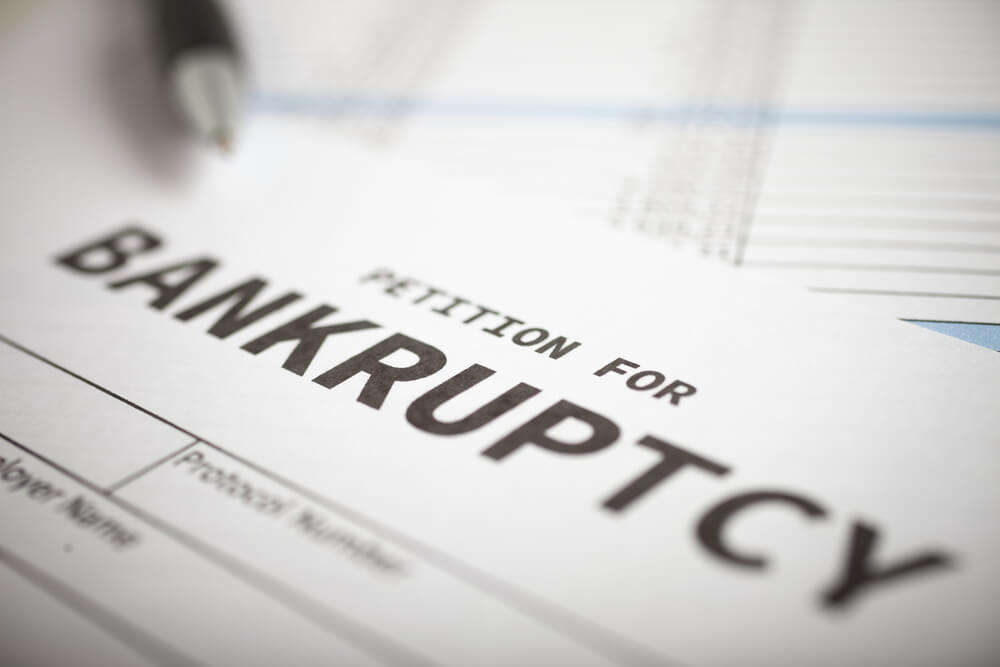We understand it can be difficult to tackle your debts when you don’t know what debt solutions are available to you. Here are some options to consider to support you in becoming free of your Cabot account.
Payment Plans

A payment plan is the most popular debt solution amongst our customers, as it allowed them to repay their debts through regular affordable payments instead of in a lump sum.
We know everyone’s situation and financial circumstances are different, which is why we tailor our payment plans to our customers needs. We will go through your income and expenditure with you and work out what you have left over to budget with. We’ll then talk you through payment plan amounts and timeframes and agree a solution that fits within your budget and is easy for you to maintain.
You also have the option of going through this process yourself online, by completing an online Budget Planner then setting up a payment plan online. Our tool will suggest a payment plan amount based off your Budget Planner. If but you will be able to increase this if you feel it’s affordable for you.
We’ll be in touch within a year to review your payment plan to make sure your payments are still affordable and see if we think there’s an alternate solution to help you clear your account sooner. We may be in touch sooner to provide you with information about your account or if there’s been a problem with one of your payments.
If you have an account with us and would like to explore a payment plan to help you start repaying your debt, get in touch with us - our consultants can help you get started.
Debt Management Plans (DMP)
Debt management plans (DMPs) are a great way to manage multiple debts if you’re struggling to meet your contractual payments, but they may not be the best option for everyone.
A debt management plan is an agreement with a debt management company (DMC) and your creditors, which allows you to repay your debts at a more affordable rate by making reduced monthly payments. A DMP will put all of your debts into one regular payment plan, making it easier to keep up with making your regular payments.
It’s that simple, but there is one condition you’ll need to agree with – keep your debt management company updated with any change to your circumstances, which includes income or outgoing changes or anything that will affect your ability to make your payments.
Your decision to make repayments with a DMP may also appear on your credit record, which may impact your ability to obtain further credit.
Finding the right Debt Management Plan
You can find a DMP provider from your local Citizens Advice, a referral from National Debtline, or we have a list of recommended free debt advice organisations some of which provide debt management plans.
When deciding to choose a DMP provider, make sure that you check to see if they are a member of a trade association, with a code of practice. This will ensure that they are committed to delivering certain standards that are similar to the rules and guidance set out by the Financial Conduct Authority FCA. You can use the Financial Services Register to make sure the company you choose is authorised by the FCA.
If you’re considering a debt management plan, you can find more information on debt management plans and if it is the right debt solution for you here.

.
Debt Relief Order (DRO)
If you owe your creditors up to £30,000 (£20,000 in Northern Ireland), a Debt Relief Order (DRO) may be a suitable debt solution for you. In order to qualify for this, you:
- need to live in England, Northern Ireland and Wales
- cannot be a homeowner or have nay valuable assets (with a disposable income of £75 or less each month after household expenses
- may be required to pay a fee for your application
- must have savings and assets worth no more than £2,000 combined (basic household items and tools needred for your job are not considered assets)
- must not be going through another insolvency procedure such as bankruptcy or an individual voluntary arrangement and it has been at least 6 years since your last DRO was made
- have lived, had a property, or worked in England or Wales in the last three years
You will need to speak with a special DRO Adviser in order to complete an application to send to the official receiver.
If you do decide to opt for a DRO, you will not be required to make payments on debts included in your DRO - your creditors will also have no authority to take payment from you. After a DRO ends, usually after a year, these debts will be written off. You can find out what debts qualify for a DRO here.
If you would like more information on DRO’s and if it’s is the right solution for you, click here.
Individual Voluntary Arrangement (IVA)
How to set up an IVA
The IVA is set up by a qualified professional called an Insolvency Practitioner. They’ll work with you to put together a proposal to take to your creditors for approval. You will be required to make the agreed regular instalments over a period of 60 to 72 months (5–6 years), and therefore would need to show you have a regular long-term income.
An Individual Voluntary Arrangement is a legally binding agreement approved by the court, between you and your creditors to repay your debts.
There isn’t no limit on the number of debts that can be included in an IVA nor is there a limit on the amount owed, however if you owe less than £10,000 and IVA may not be the best debt solution for you, as the fees you’d pay will be high.
Almost all debts can be included in an IVA, even debts secured against your home and rent arrears, however in those cases the creditor would have to give their permission for them to be included which they’re unlikely to do. You can find a list of debts you can include here.
If you own your own property, you may be required to remortgage your home if it has equity and use the funds to increase your regular instalments over a period of 12 months, bringing your IVA to an end early.
Similarly, if you have a large disposable income, or own high value goods - then you may be required to sell these items in order to pay your IVA arrangements. It’s worth noting that if you can’t keep up with your IVA payments, your insolvency practitioner can cancel your IVA and as a result your creditors could take further action against you which could include applying to make you bankrupt.
When considering whether you would like a IVA, it’s also important to consider that it could affect your credit rating, as it will be recorded for a period of 6 years, or longer if your IVA isn’t yet complete. This could make it more difficult for you to obtain future credit.
If you’re unsure if an IVA is the right debt solution for you, you can find out more information on the advantages, disadvantages and IVA procedure here.

.
Administration Order (AO)
How to qualify
- Have 2 or more debts
- Have a total credit of £5,000 or less
- Have at least one county court or high court judgment against you
Similarly to an Individual Voluntary Arrangement, an Administration Order forms a legally binding contract approved by the court - a contract which your creditor has an obligation to follow.
How to apply for an Administration Order
If you would like to apply for an AO, you will need to fill in an application (a N92 form) and take this to your local county court. There isn’t a fee to apply for an AO, however, the court will take a handling fee of 10% of your total debts which will be deducted from your payments.
The court will be responsible for receiving your payments and distributing them to your creditors on a pro-rata basis, and creditors should not contact you or write to you once an administration order has been approved.
You have the option of applying for a composition order when filling our your N92 form, which means you will only have to make payments for a period of 3 years, if approved by the court. The court is likely to approve this if you are making very small payments to your creditors causing the administration order to go on for years.
Once the composition order ends, you will not be required to pay anything further towards the debts included in your administration order. You can request a certificate of satisfaction for £15.
Administration Order and your credit file
When deciding whether you would like a AO, it is also important to consider that it could affect your credit rating, and will be recorded on the Register of Judgements, Orders and Fines for a period of six years. This could result it making it more difficult for you to obtain future credit.
Your administration order and the debts included will be marked as satisfied, however if you have a composition order attached to your administration order any court judgments and debts will not be marked as satisfied as they have not been paid in full – you will still be able to obtain a certificate of satisfaction to show your administration order is paid.
You can find out more information on administration orders here.
Bankruptcy

If you’re struggling financially and exhausted all options to repay your debts, you may find bankruptcy a useful solution.
There are a number of advantages and disadvantages of opting for bankruptcy. By choosing this debt solution, you will no longer be required to pay off certain credit that you owe, taking away the pressures and stress of trying to meet repayments.
Bankruptcy
You would also be allowed to continue owning your exempt goods, which could include anything from your transportation to work (e.g. a car), work tools, and even everyday household items. Alongside this, the court would deem it reasonable for you to keep a liveable income.
Here are some other advantages of bankruptcy:
• If you have to make payments from your income, this can only be for 3 years
• You won’t have to make payments if your only income is from welfare benefits
• Creditors have to stop most types of court action to get their money back following a bankruptcy order
Disadvantages of bankruptcy
• You’d need to pay a fee of £680 to declare bankruptcy
• Some employers do not allow people declared bankrupt to continue working in their employment
• If you’re renting, your landlord could end your tenancy and if you own a home the court may require you to sell it to pay off some of your owed credit
• If you own and operate your own company, it may be deemed necessary for you to close and sell off business assets.
• Your credit rating will be affected for 6 years and it will be more difficult for you to take out credit while you’re bankrupt
• Your bankruptcy will be published publicly, however if you believe making your details public may have an negative impact on your family, you may be able to obtain a special order from the court to prevent your address being published.
How to file for bankruptcy
You can apply for bankruptcy yourself, or one of your creditors can force bankruptcy on you, by applying through the courts. It is important to note that they would only be able to do this if you owed them at least £5,000.
Sometimes a creditor will apply for this so that they can gain their money back, as bankruptcy can result in the forced sale of land or property.
Usually after a year, your bankruptcy will end - this is known as ‘discharge’. Once your bankruptcy has ended, you will not be required to repay the debts covered by your bankruptcy, however you would still be required to repay any court fees and student loans owed.
Further Support

If you’re struggling to repay your debts and would like guidance on debt solutions, you can find a list of organisations that offer free financial advice and support:
Contact us
If you're worried about talking to us, remember that we're here to help you to financial recovery and that we'll never ask you to pay more than you can afford.
Check out our customer testimonials to see the journeys that some of our customers have previously taken.
We help over 49,000 people every month, so no matter what happens next, we promise to treat you fairly and support you in repaying your account. Find out more about how flexible we can be, by getting in touch today.
